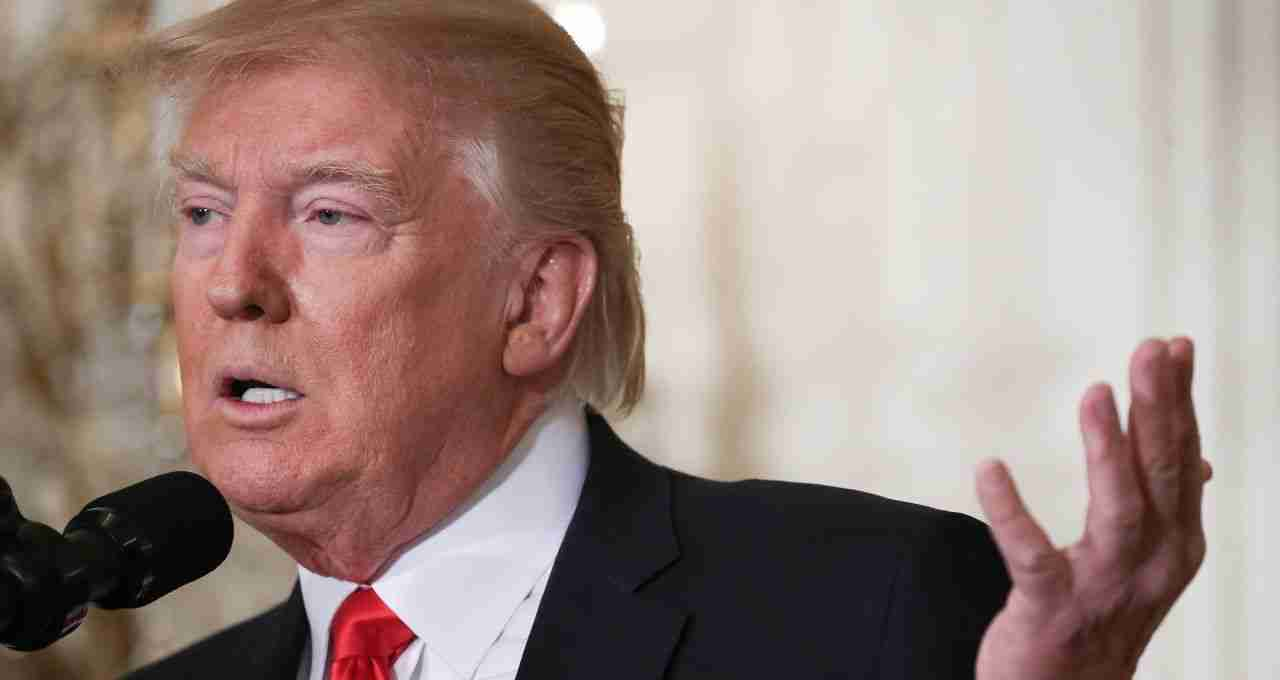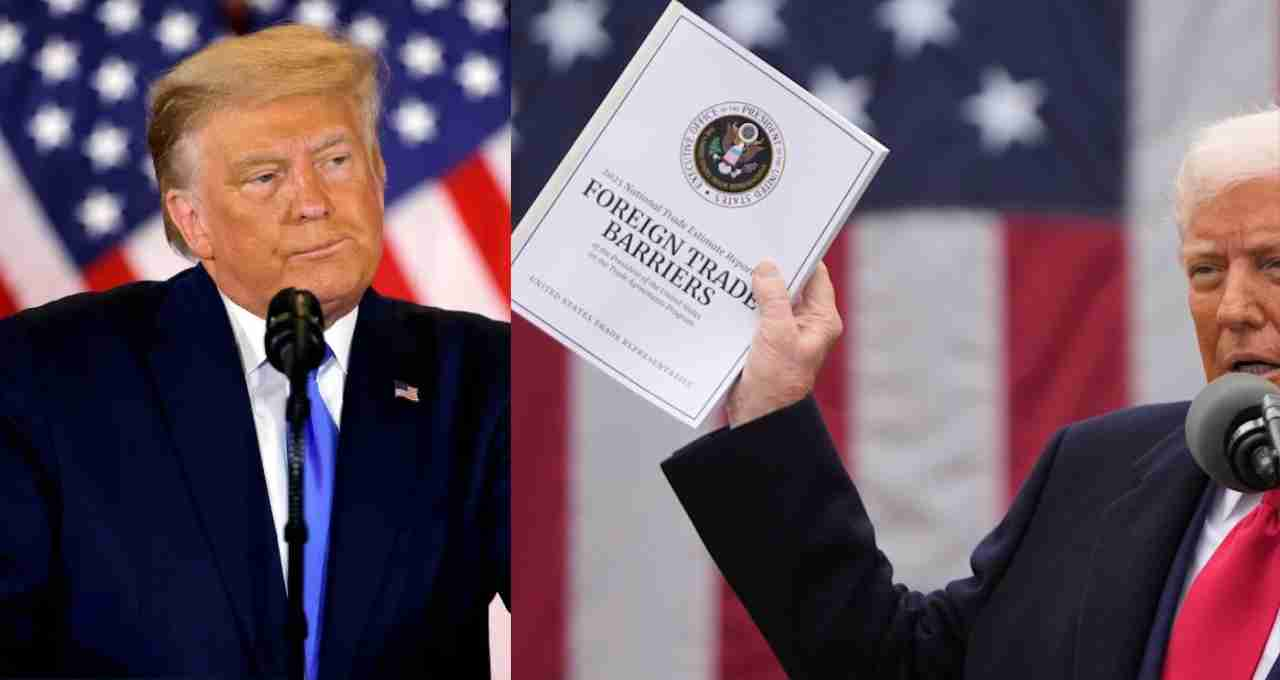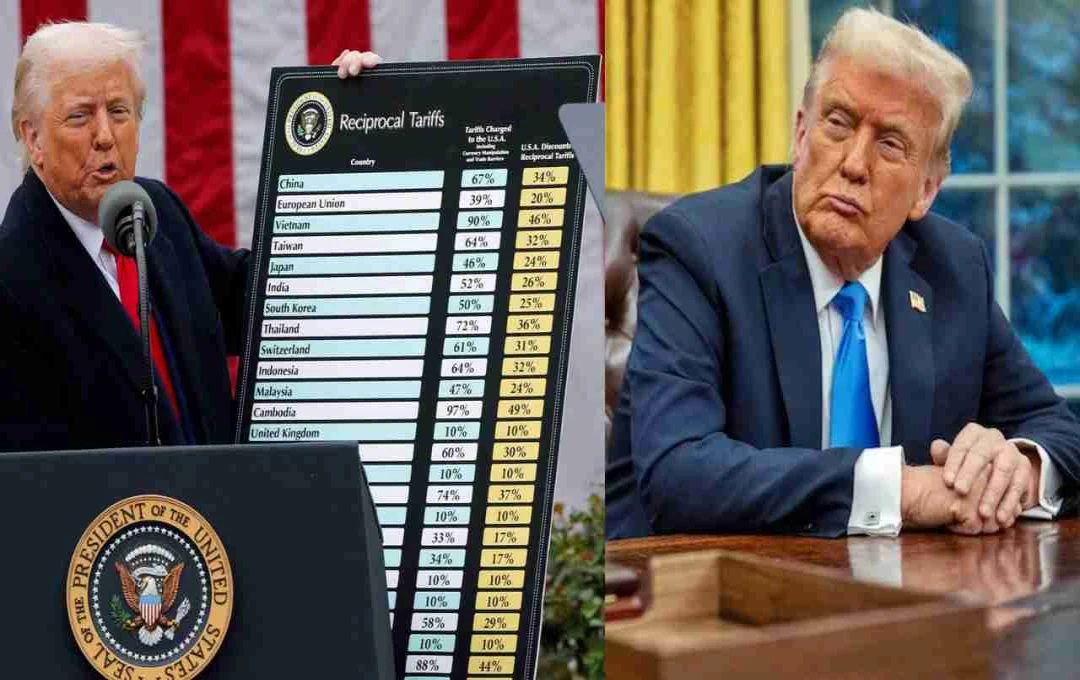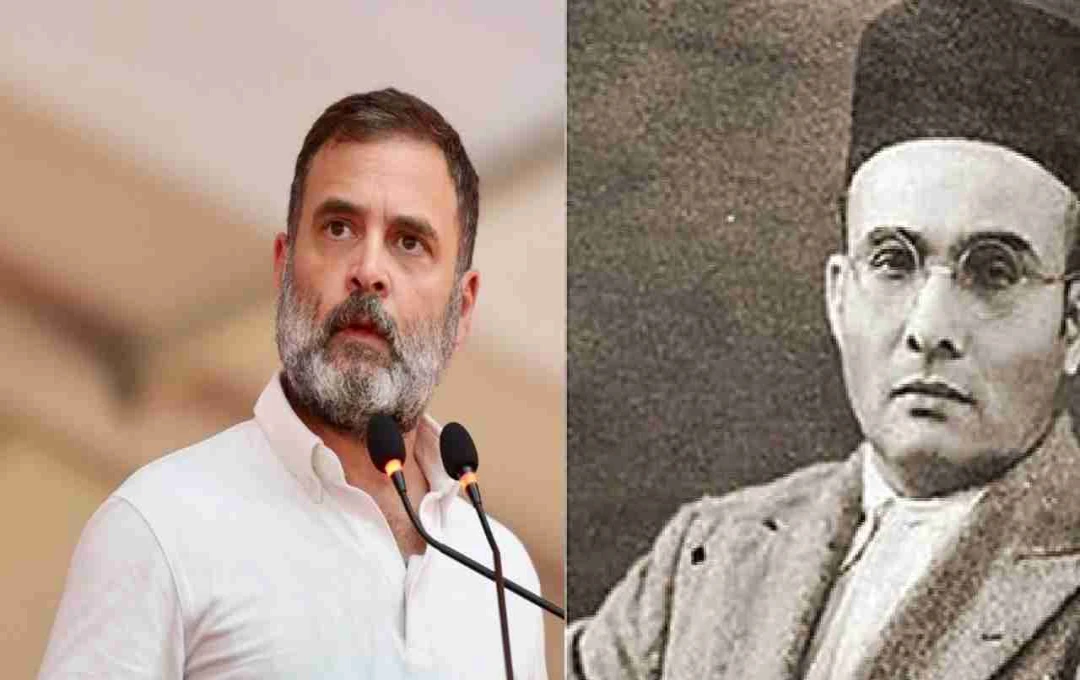Trump's Tariff Policy Causes Market Decline; Negotiations Begin with India, Vietnam, and Israel; Potential for Agreement Offering Relief from Global Recession Risk.
Trump Tariff: On April 2nd, US President Donald Trump announced significant tariffs on several countries, including India. This decision led to a sharp decline in the US stock market and widespread corporate concern. Experts believe this policy could push the US and other global economies towards recession.
Attempts at Dialogue with India, Israel, and Vietnam

In response to the negative impact of these tariffs, the Trump administration has adopted a softer stance and initiated dialogue. Reports indicate that Trump is negotiating with India, Israel, and Vietnam to reach an agreement before the tariff deadline. White House sources suggest the US is working to finalize special trade agreements with these countries.
Retaliatory Tariffs Exacerbate the Situation
The US imposed a 34% tariff on China, prompting China to announce reciprocal tariffs on US goods. Trump described this as a sign of China's apprehension, stating that the US would not back down from any retaliatory action. The Trump administration had already imposed a 20% tariff on China, bringing the total effective tariff to 54%.
Trump's Social Media Strategy

In a social media post, Trump stated that the General Secretary of the Vietnamese Communist Party proposed reducing tariffs to zero if a mutual agreement could be reached. The Trump administration maintains that countries facing difficulties due to tariffs should engage in direct dialogue instead of panicking.
High Tariffs on India, but a Path Remains Open
The US imposed a 27% tariff on India, although Trump cited 26% in a briefing. The Indian government is taking this matter seriously, and it is hoped that if both sides reach an agreement, a new chapter in trade relations could begin.














